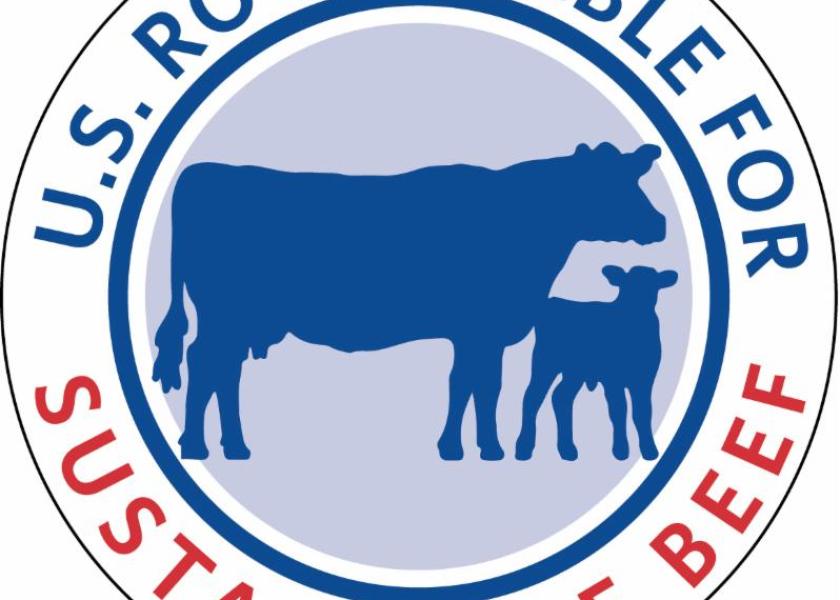USRSB Releases National Framework for Beef Sustainability

The U.S. Roundtable for Sustainable Beef (USRSB) this week opened a 60-day public comment period on the group’s Sustainability Framework.
The USRSB Sustainability Framework is a set of resources developed to assist ranchers, cattle auction markets, feedyards, packers, processors, and retail and food service organizations in their efforts to continuously improve the sustainability of U.S. beef.
“The Framework was developed from the collective efforts of more than 200 individuals who make up the USRSB and represent all segments of the beef value chain from producers to retailers, including non-governmental organizations and academic institutions,” said Kim Stackhouse-Lawson, JBS USA Sustainability Director and 2018 – 2019 USRSB Chair. “The USRSB membership has invested more than three years in developing these resources, which we believe will serve as an invaluable tool in enhancing U.S. beef sustainability and increasing economic opportunities in rural landscapes across America.”
The USRSB Framework highlights key areas important to the sustainability of beef and examines unique opportunities for each segment of the beef value-chain to identify opportunities to improve and reflect on their individual progress. Most importantly, the Framework is not a one-size-fits-all approach. It is designed to address the needs of the diverse beef communities who produce, buy and sell beef.
“From the rancher to the consumer purchasing beef for their family meal, everyone plays a unique and important role in beef sustainability. The USRSB Framework was intentionally designed to apply to all sizes and types of operations and companies, no matter where they are in their sustainability journey,” Stackhouse-Lawson said. “This approach celebrates the diversity of the U.S. beef community, while providing enough flexibility to address the unique sustainability challenges across our national production system.”
The key areas identified by the USRSB as being important to the sustainability of beef are referred to as High-Priority Indicators. These include: animal health and well-being, efficiency and yield, employee safety and well-being, land resources, water resources, and air and greenhouse gas emissions. Sustainability Metrics and Sustainability Assessment Guides serve as the segment-specific elements of the Framework tailored to address the unique challenges in the cow-calf, cattle auction market, feedyard, packer and processor, and retail and foodservice sectors.
“The USRSB Public Comment Period is an opportunity for us to listen. As we open this conversation to the public, we will build upon the USRSB’s foundational work with the important input from interested stakeholders,” said Stackhouse-Lawson. “Our journey is not complete after the comment period. The USRSB’s mission is to continuously improve, meaning we will always need to evaluate, assess, and adapt to ensure the U.S. beef value chain remains the trusted global leader in sustainable beef production.”
The USRSB Public Comment Period will end July 1. To learn more about the USRSB Sustainability Framework or to participate in the 60-day public comment period, visit www.USRSBFramework.org.







